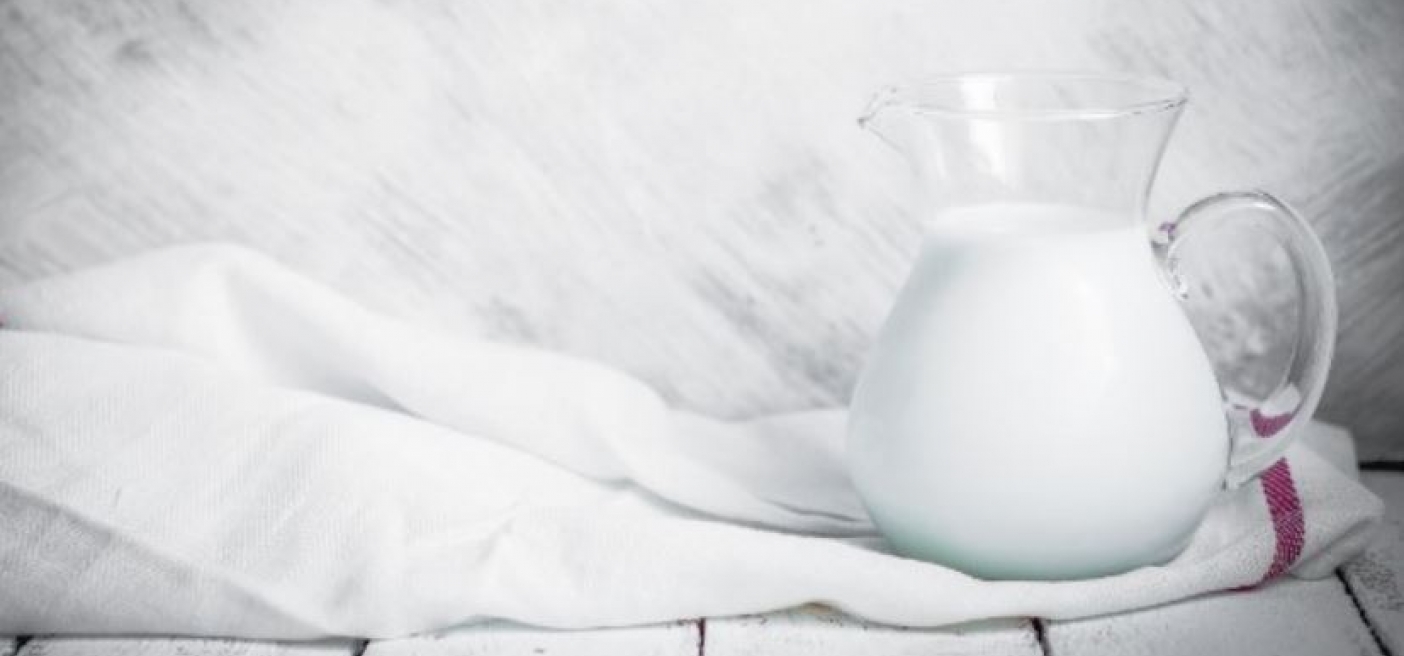THE RAW MILK DEBATE – WHAT'S IT ALL ABOUT?

What's raw milk anyway?
Raw milk is considered 'raw' because it skips the manufacturing process of pasteurisation, which heats milk to high enough temperatures to kill pathogens that may be present due to contamination or sick cows.
The core of the debate...
Depending on who you talk to, raw milk is either a highly nutritious food, packed with good bacteria and enzymes that help stimulate the immune system, alleviate allergies, and make milk easier to digest… or it’s a great way for people drinking it to be potentially exposed to ‘bad bugs’ such as listeria, E. Coli, and salmonella. Symptoms of these can range from diarrhoea and vomiting to life-threatening renal failure and even death!
Those in favour of raw milk argue that these pathogens can also be found in other foods such as fish, chicken, pâté, salad greens, and rockmelons, to name just a few. Yet these foods remain legal…
Those favouring the consumption of pasteurised milk consider the pathogen risk associated with drinking raw milk unacceptable. In Australia, the sale of raw cow’s milk for human consumption is illegal. As such, raw milk is sometimes labelled and sold as ‘cosmetic milk’, ‘bath milk’ or ‘pet milk’. These products are often not produced under the strict standards applied to dairy food production. By law, raw milk must be clearly labelled that it is not fit for human consumption. Sometimes the label is not prominent and these products may therefore present a considerable health risk if mistakenly consumed – particularly by those more vulnerable to infection such as young children, the elderly, those with an existing illness or pregnant women.
Does a ban on raw milk create a black market and deprive dairy farmers of a profitable business?
These are hard times for dairy farmers. Raw milk advocates, such as the Australian Raw Milk Movement (ARMM) say that the product can be produced hygienically and that legalising the sale would allow farmers to sell direct to the public and improve their financial viability. The change would allow farmers a point of difference with raw drinking milk, raw cheese and raw yogurts. Raw milk is often produced from free range cows and these boutique products are being increasingly sought after by health, taste and environment conscious consumers. Micro-dairies could flourish with appropriate regulation as they do elsewhere in the world such as Germany, New Zealand and Canada.
Food for thought indeed! If you are interested in finding out more about the subject visit the link below.
Sources:
http://www.ausrawmilk.org/
https://www.betterhealth.vic.gov.au/health/conditionsandtreatments/raw-unpasteurised-milk
